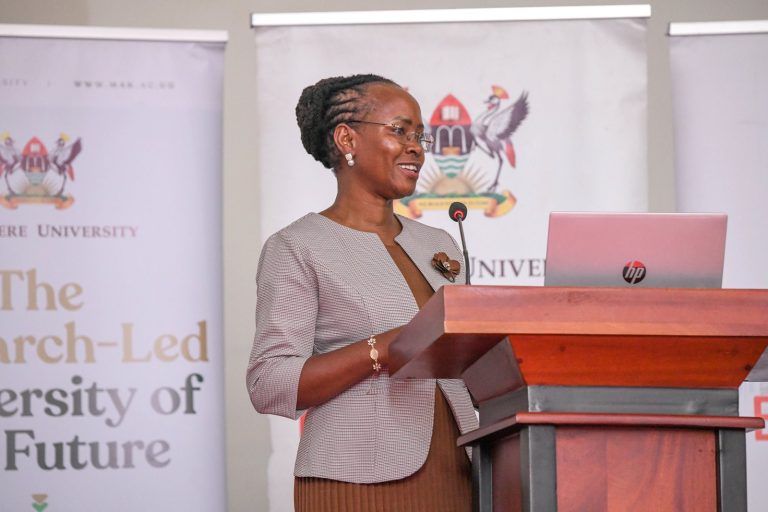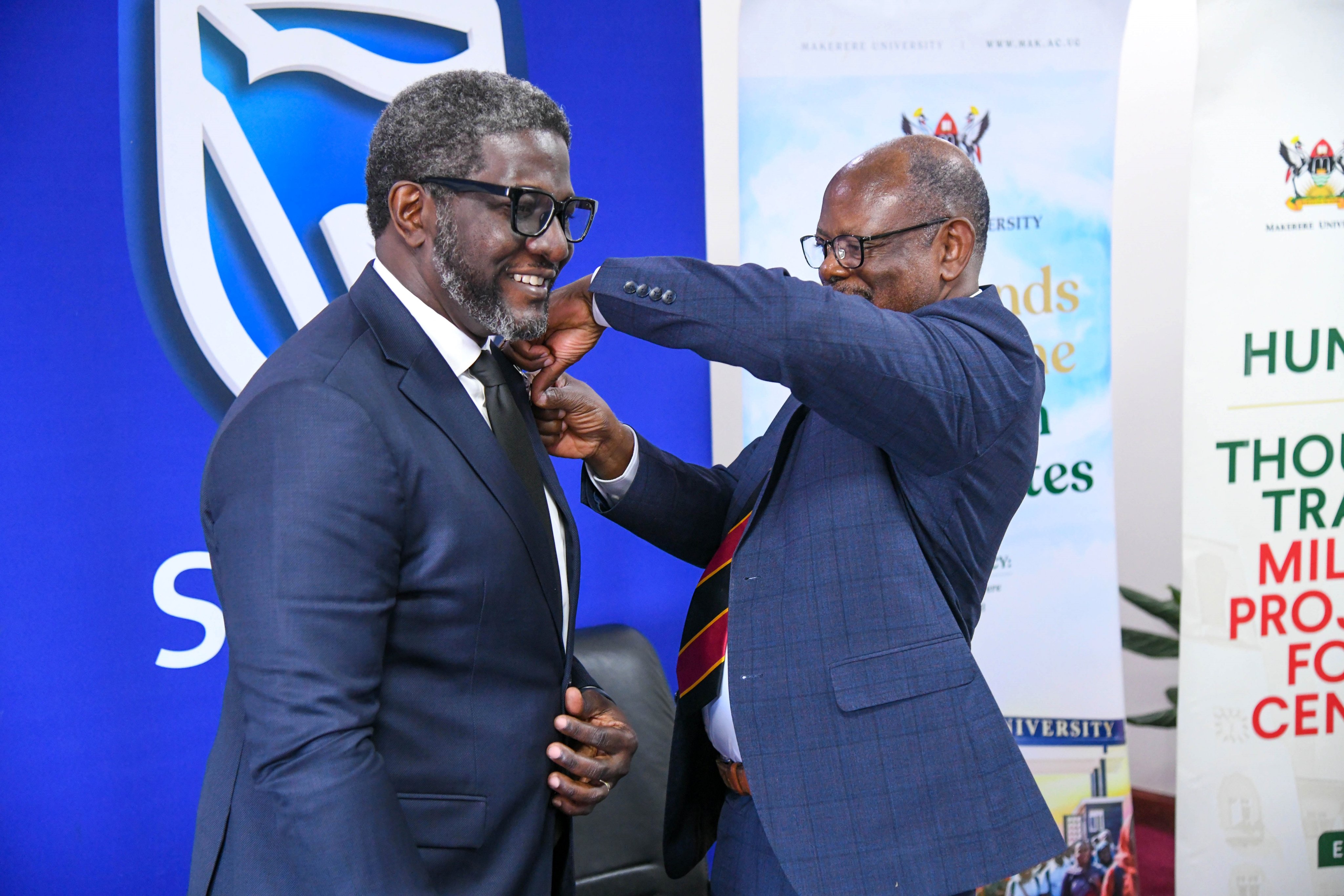Museveni calls for competence-based and practical learning for all
The Commission advocated for a fully integrated competence-based curriculum from early childhood to university, ensuring learners not only gain academic knowledge but also practical skills and national values.

President Yoweri Museveni Wednesday met and held discussions with the Education Policy Review Commission led by Col. (Rtd) Nuwe Amanya Mushega at State House, Entebbe.
The meeting focused on proposed reforms aimed at transforming Uganda’s education system into a competence-based and socially responsive model.
Museveni welcomed the insights, affirming the need for a life-oriented education system. He reiterated that emphasis on science should not stand in isolation but be part of a broader societal development agenda.
“By age 16, every Ugandan child should be useful. They should be skilled and have values that enable them to contribute to society. Whether they pursue music, academics, or agriculture, we must ensure they are not abandoned by the system,” the President stated.
The Commission, tasked with evaluating the effectiveness of Uganda’s education framework, presented a comprehensive briefing, outlining key challenges and strategic recommendations for overhaul. Central to their proposal was the urgent call for a national education philosophy,a guiding framework that would underpin curriculum design and implementation across all levels.
The Commission advocated for a fully integrated competence-based curriculum from early childhood to university, ensuring learners not only gain academic knowledge but also practical skills and national values.
“Your Excellency, our current curriculum is fragmented. It is competence-based only in lower secondary, but knowledge-based in primary and upper secondary. University education remains largely theoretical,” Dr.Joseph Muvawala, Vice chairperson of the commission remarked.
A major concern raised was the inconsistency and inadequacy in school feeding programs, especially in government schools.
“Many children simply drink water or go without food during lunch, yet some schools still collect money. Those who pay, eat; those who don’t, eat air,” Hon.John Mwoono Nasasira said.
Currently, the education sector accounts for only 2.4% of Uganda’s GDP. The Commission proposed increasing this to 7% of GDP to support the full implementation of curriculum and infrastructure reforms, as well as address disparities such as the contentious salary gap between science and arts teachers, which is creating administrative and morale issues in schools.
In addition, other proposed changes include:
- Extending universal basic education with both academic and vocational training up to age 16, ensuring all children leave school with practical skills.
- Strengthening regulation and enforcement of education standards across both public and private institutions.
- Establishing a National Competence Profile to guide student development in civic values, discipline, environmental care, teamwork, and patriotism.
The meeting marked a significant step towards consensus on comprehensive education reform, with the President affirming government commitment to reviewing and implementing recommendations that promote equity, and relevance.







